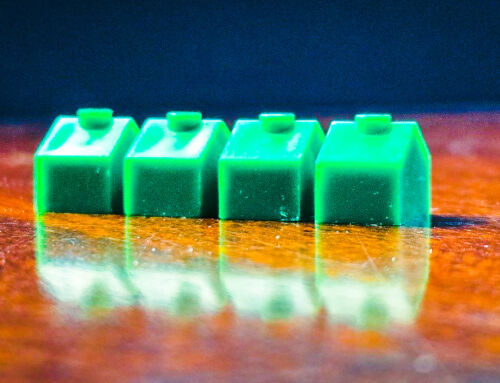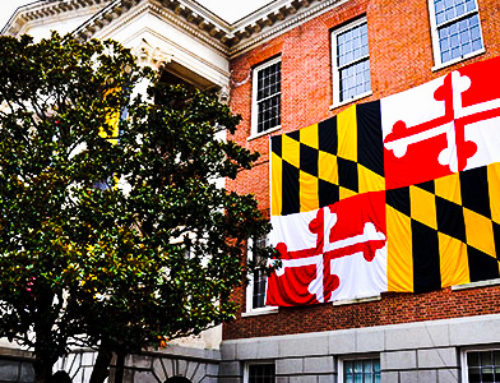View by Topic
Recent Articles
-
Ocean City and Others File Lawsuit to Reverse Offshore Wind ApprovalThursday, October 31st, 2024
-
Lawsuit Challenges D.C. Gas Appliance Ban and Net Zero Building CodeSaturday, October 26th, 2024
-
Lawsuit Charges Montgomery County Gas Appliance Ban is Preempted and VoidFriday, October 18th, 2024
-
Federal Court Reinstates Greenwashing Case Over Aspirational StatementsSaturday, October 12th, 2024
-
Lawsuit Against Maryland Challenges First Amendment Violations in Green Power MarketingSaturday, October 5th, 2024
View by Month/Year
“Green Building Law Update” Headlines
Recent Articles & News from
Stuart Kaplow’s blog
at GreenBuildingLawUpdate.com
- Legal Showdown in DC: Lawsuit Challenges Gas Appliance Ban as Preempted October 27, 2024
- Lawsuit Challenges Montgomery County Gas Appliance Ban as Federally Preempted and Void October 20, 2024
- Greenwashing? Court Says Coca-Cola’s Aspirational Statements May Mislead Consumers October 13, 2024
- Lawsuit Against Maryland Seeks to Have First Amendment Apply to Green Power October 6, 2024
Subscribe to the Green Building Law Update!
Stuart Kaplow brings his expertise and extensive experience to the table with his unique digital publication, "Green Building Law Update". Subscribers receive regular updates to keep them informed about important issues surrounding Environmental Law, Green Building & Real Estate Law, as well as the emerging demand for Environmental Social Governance (ESG).
Get fresh content through the lense of Stuart Kaplow's cutting-edge expertise, innovative commentary and insider perspective. Don't miss another issue! Subscribe below.
Interest Rate Paid on Residential Lease Security Deposits in Maryland Reduced
Effective October 1, 2004, the amount of interest a landlord must pay a residential tenant in Maryland upon return of the tenant’s security deposit has been altered from 4% to 3% per annum.
Generally, under the prior law a landlord was required to pay 4% simple interest, accruing at six-month intervals, on a tenant’s security deposit and to maintain all security deposits in branches of federally-insured financial institutions doing business in Maryland. The deposits must be in interest-bearing accounts, and the accounts must be devoted exclusively to security deposits. In lieu of these accounts, a landlord may hold the security deposits in insured certificates of deposit at branches of federally-insured financial institutions doing business in Maryland or in securities issued by the federal government or the State.
By way of background, in 1973, Maryland imposed the duty on a landlord to pay interest on a tenant’s security deposit at 3% simple interest, accruing at six-month intervals. In 1980, the General Assembly increased the interest rate that must be paid on a security deposit from 3% to 4%.
This year’s change was largely driven by the fact that interest rates in 2004 for both passbook accounts and certificates of deposit are below 4%. The current interest rate paid on most passbook accounts is less than 1%, and the interest rates for short-term certificates of deposit currently range from 1.25% to 2.25%, with a slightly higher yield. Because all of these rates are lower than the 4% required under Maryland law, landlords will benefit from this enactment.
It is curious that similar legislation was introduced and rejected by the General Assembly in the 2003, 2002, 2000, and 1997 sessions.
This year, HB 723, alters the amount of interest a landlord must pay a residential tenant upon return of the tenant’s security deposit from 4% to 3% per annum. However, should a lease expressly provide interest is to be paid at 4%, interest must, of course, be paid at that rate until the lease expires.
Landlords should review their leases and cause the security deposit provision to be modified, now, to dovetail current Maryland law, including providing that interest will be paid “at the legal rate” versus a specific stated rate.
The source for much of the information in this article was the Department of Legislative Services.









